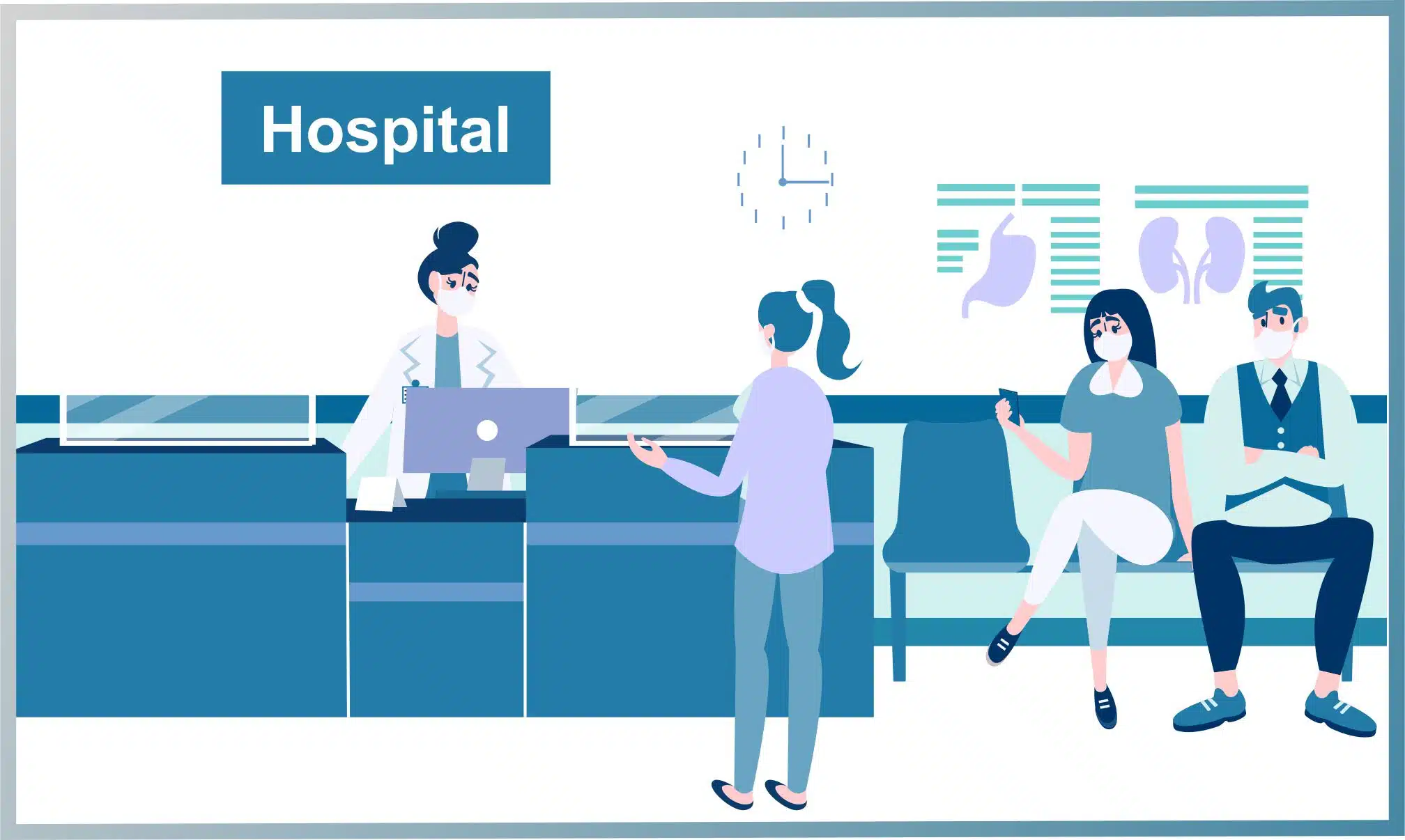Applying Lean Thinking for Continuous Improvement in Healthcare
In the ever-changing healthcare industry, hospitals that want to improve patient care, maximize resource utilization, and achieve operational excellence must prioritize continuous improvement. Lean thinking is a growing trend in healthcare companies all over the world. This blog looks at how Lean thinking in healthcare enables continuous improvement and innovation in hospitals.
What is Lean Thinking in Healthcare?
Lean thinking is an administration technique that stresses increasing value while lowering waste in organizational processes. In healthcare, Lean thinking strives to simplify processes, remove inefficiencies, and improve overall care quality. At its core, Lean thinking involves determining and eradicating tasks that do not add value to the patient, thus improving resource usage and patient care. The Lean thinking concept in healthcare promotes continuous improvement and the constant pursuit of excellence.
Implementing Lean Thinking in Healthcare
The implementation of Lean thinking concepts in the current healthcare setting has increased in popularity because healthcare organizations aim to enhance operational efficiency and patient care quality.
Hospitals, clinics, and other healthcare institutions have used Lean approaches to solve a variety of difficulties and inefficiencies in their processes. For example, in hospital settings, Lean concepts have helped to streamline patient flow from admission to discharge, lowering wait times and increasing overall patient satisfaction.
Healthcare organizations obtain significant insights into the complexities of their processes by conducting systematic analysis using techniques such as value stream mapping, enabling them to identify obstacles, reduce non-value-added operations, and maximize resource use.
Furthermore, the adoption of process standardization provides consistency and dependability across departments, reducing differences in care delivery and improving patient safety.
Furthermore, visual management systems play an important role in creating openness and accountability in healthcare organizations by delivering visual signals and real-time data insights to frontline personnel, allowing them to make informed decisions and adapt quickly to changing patient demands.
Hospitals can employ these Lean thinking tools and approaches to promote continuous improvement, increase staff efficiency, and, ultimately, offer better patient care.
Continuous Quality Improvement in Hospitals
Continuous Quality Improvement (CQI) is a basic pillar of Lean thinking in healthcare, representing a proactive approach to improving the quality and safety of patient care. Hospitals realize the value of CQI efforts in fostering continuous improvement across all aspects of their business. Here’s a more extensive look into how CQI, combined with Lean concepts, emerges in hospital settings:
– Systematic Identification of Opportunities: CQI initiatives need a thorough evaluation of hospital procedures to identify possibilities for improvement. This includes gathering data, performing root cause analyses, and engaging stakeholders to acquire a thorough understanding of current issues and possibilities.
– Process Analysis and Improvement: Once identified, these areas are further investigated to discover underlying problems and inefficiencies. Value stream mapping and fishbone diagrams are two lean thinking approaches that help with process dissection, obstacle identification, and focused improvement interventions.
– Improving Clinical Outcomes: CQI initiatives based on Lean principles seek to improve clinical outcomes by applying evidence-based procedures, standardizing processes, and cultivating an evidence-based decision-making culture. This might include attempts to eliminate medication errors, enhance infection control, and optimize patient monitoring procedures.
– Improving Patient Satisfaction: Lean-driven CQI activities go beyond healthcare results and include the patient experience. Hospitals use patient feedback, satisfaction surveys, and patient-centered design concepts to customize services and facilities to meet patients’ needs and preferences.
– Improving Organizational Performance: At the organizational level, CQI efforts based on Lean principles lead to increased efficiency, resource utilization, and cost-effectiveness. By simplifying administrative operations, improving workforce numbers, and minimizing waste, hospitals can increase operational performance and financial sustainability significantly.
By incorporating Lean thinking into CQI initiatives, hospitals can build a culture of continuous improvement, generate positive change, and, ultimately, provide better patient care results.
Role of Healthcare Management Consulting Companies
Healthcare management consulting companies play a critical role in assisting hospitals with their Lean journey. These enterprises provide healthcare organizations with experience, direction, and resources to successfully adopt Lean thinking concepts.
Consulting firms help hospitals discover areas for improvement, implement customized Lean solutions, and facilitate change management procedures. By collaborating with consulting companies, hospitals can accelerate their continuous improvement initiatives and achieve long-term effects.
Utilization Management in Healthcare
Utilization management is another area where Lean thinking may help hospitals make big changes. Hospitals can increase efficiency, save costs, and improve patient outcomes by maximizing resource usage and avoiding waste.
Lean thinking elements like standard work practices, visual management systems, and performance monitoring are critical in utilization management programs. Hospitals may adopt Lean thinking to simplify procedures, reduce obstacles, and make the best use of resources across the care continuum.
In conclusion, lean thinking provides an effective foundation for promoting continuous improvement in healthcare organizations. Healthcare organizations that implement Lean concepts can enhance patient satisfaction, improve resource utilization, and gain operational excellence.
As the healthcare industry evolves, Lean thinking will remain an important tool for hospitals looking to adapt, innovate, and provide high-quality treatment to their patients. Implementing Lean thinking principles has become an important aspect for healthcare organizations to promote excellence and constant improvement.
Do you want to create a continuous improvement culture in your healthcare organization? Contact CCO Consulting now to see how our experienced team can assist you. Let’s work together to improve patient care, simplify procedures, and achieve better results for your patients and staff. Reach out to us for a free consultation and bring a change in your healthcare organization.
Note: CCO cannot and does not provide legal advice. It’s important to consult with qualified counsel before adopting any new policies. It’s also your responsibility to determine whether legal review of work product is necessary prior to implementation.







